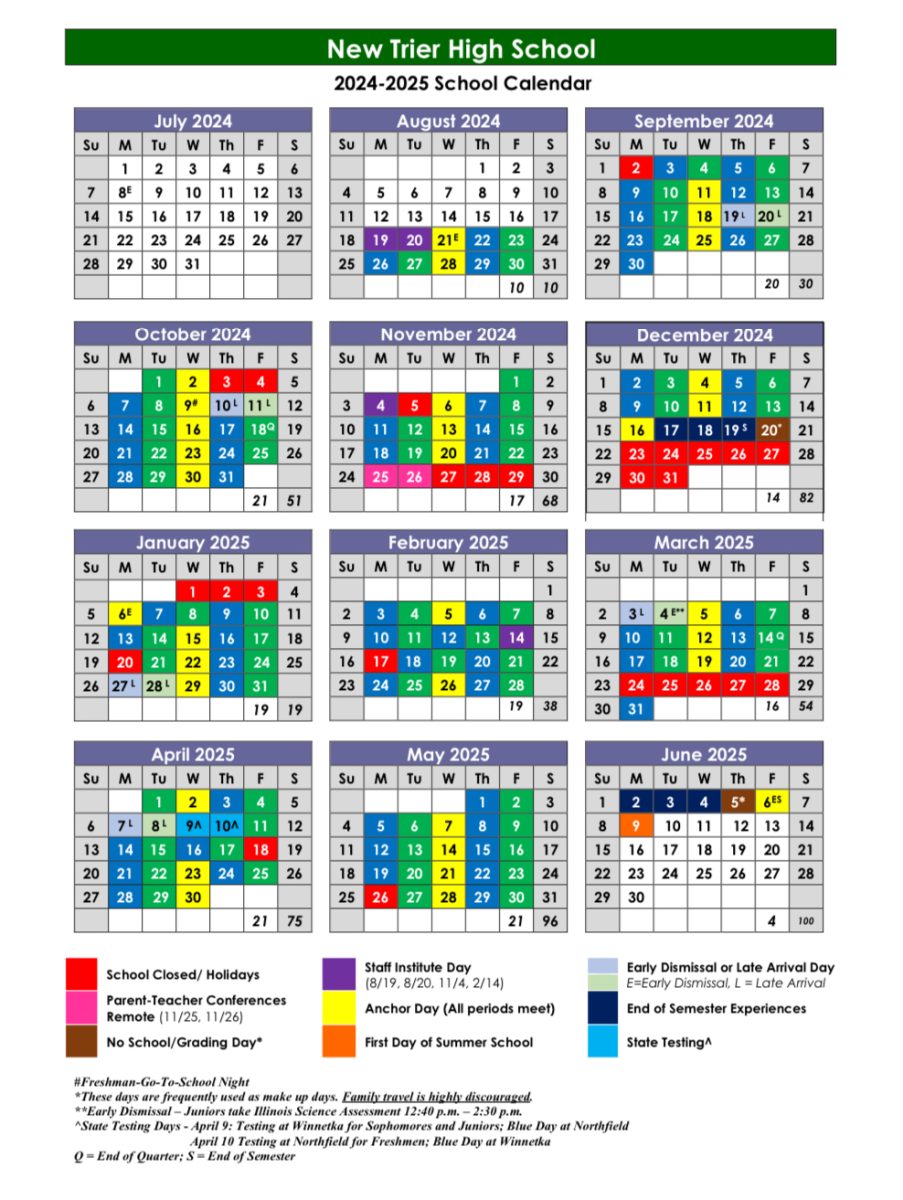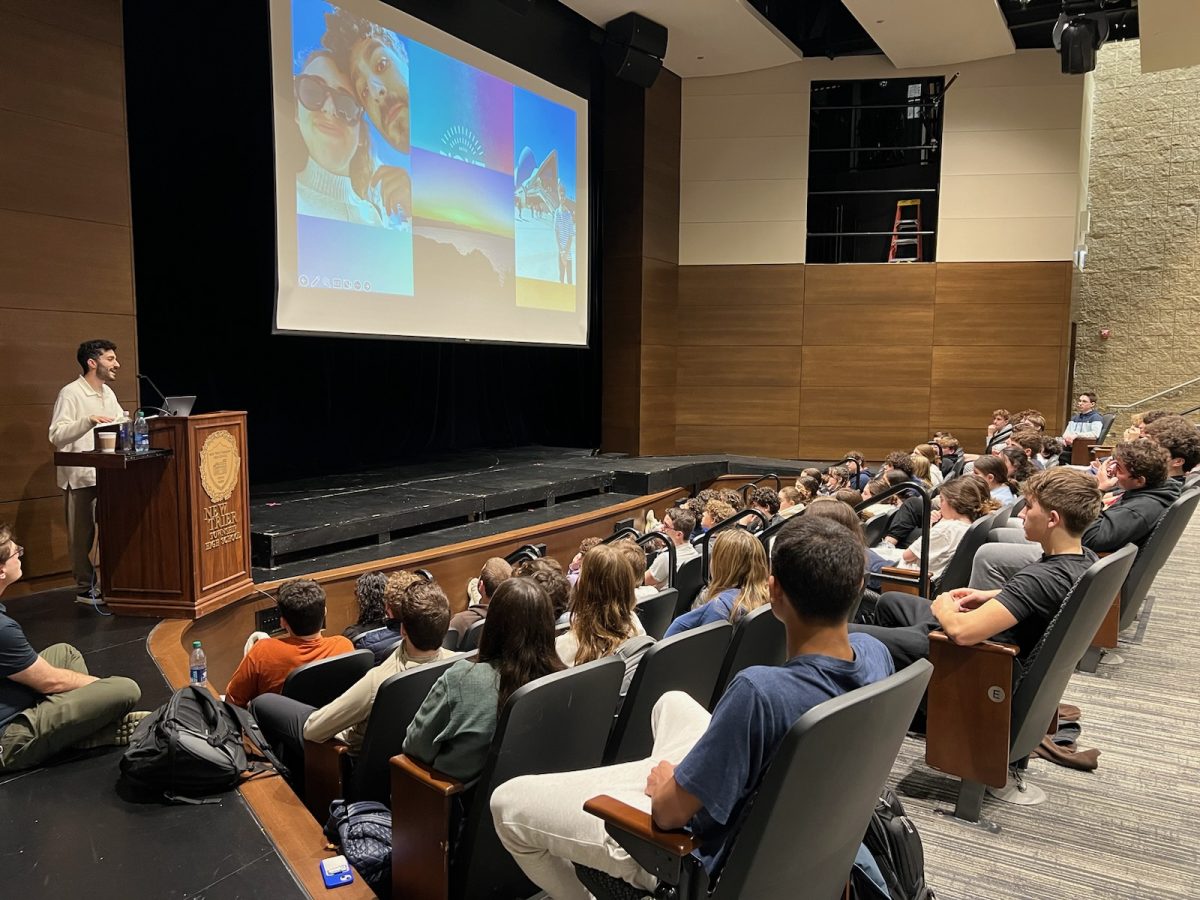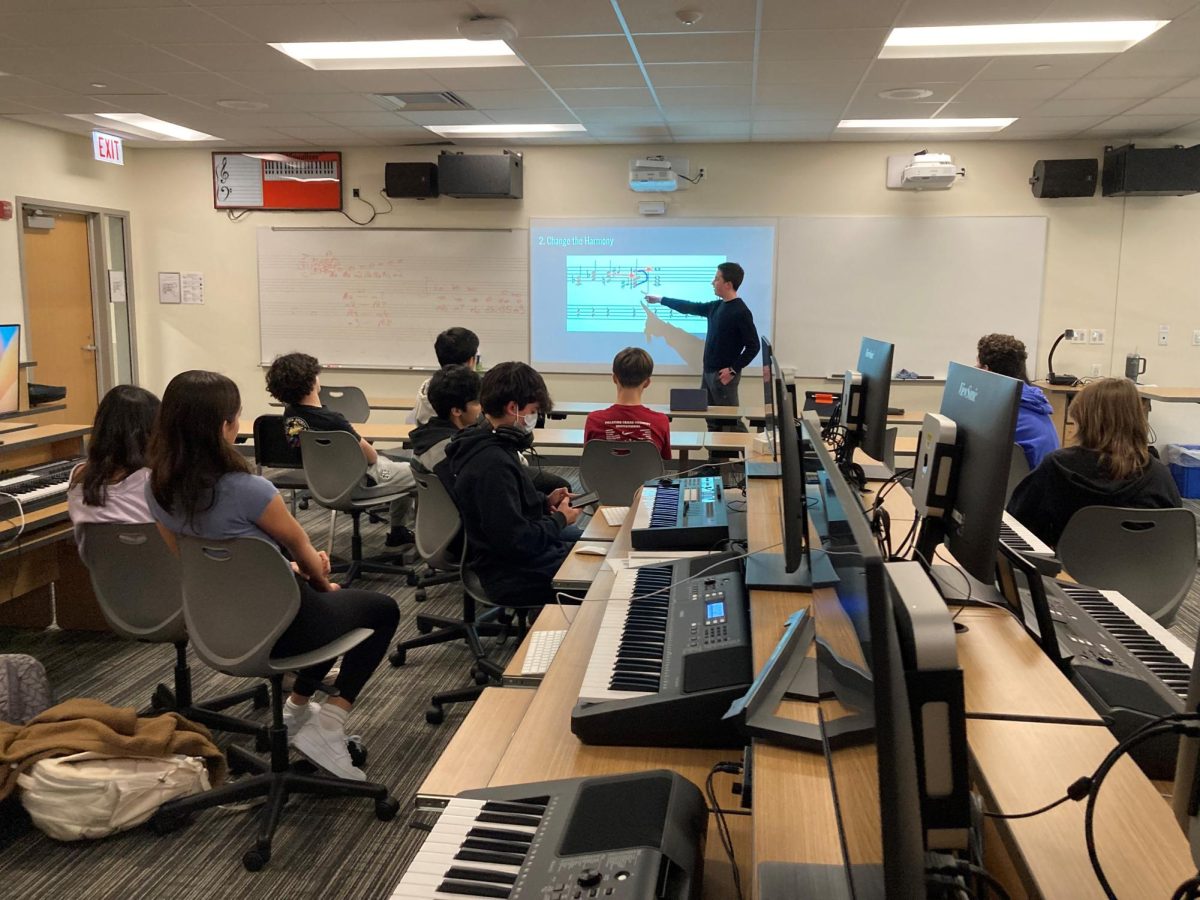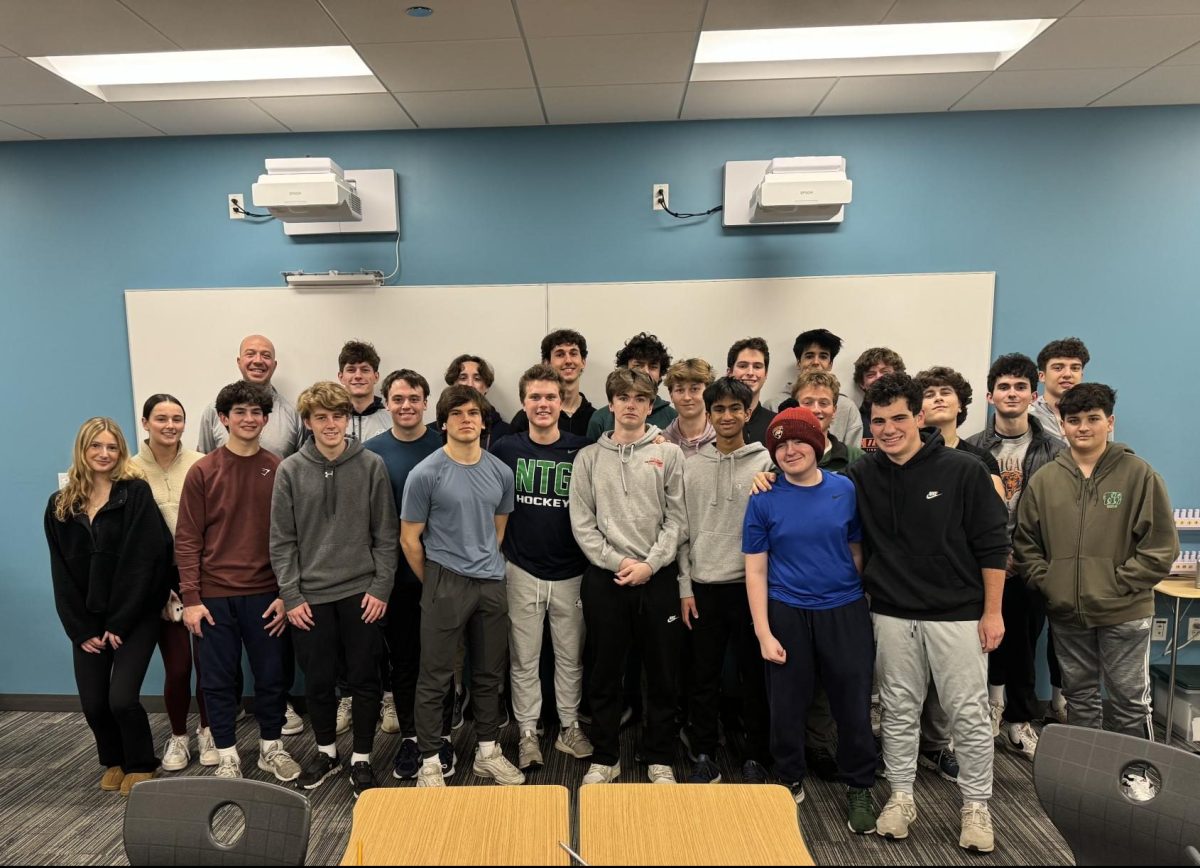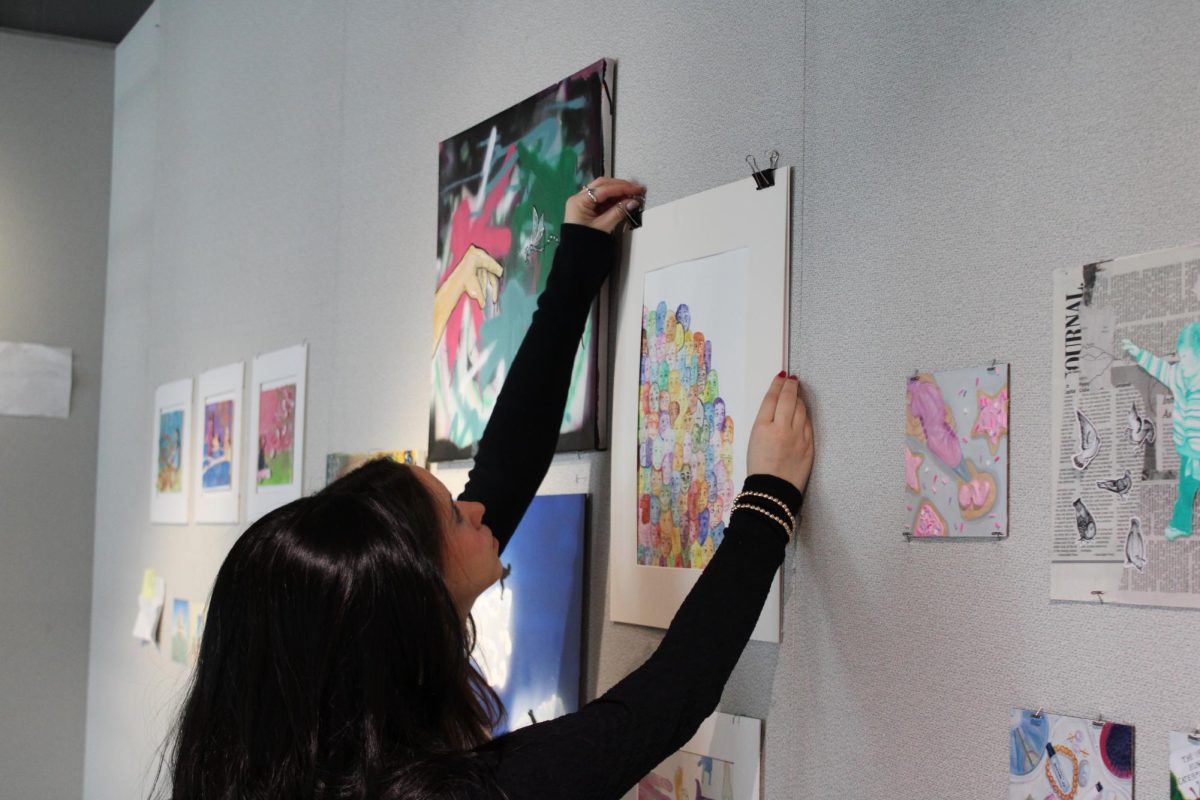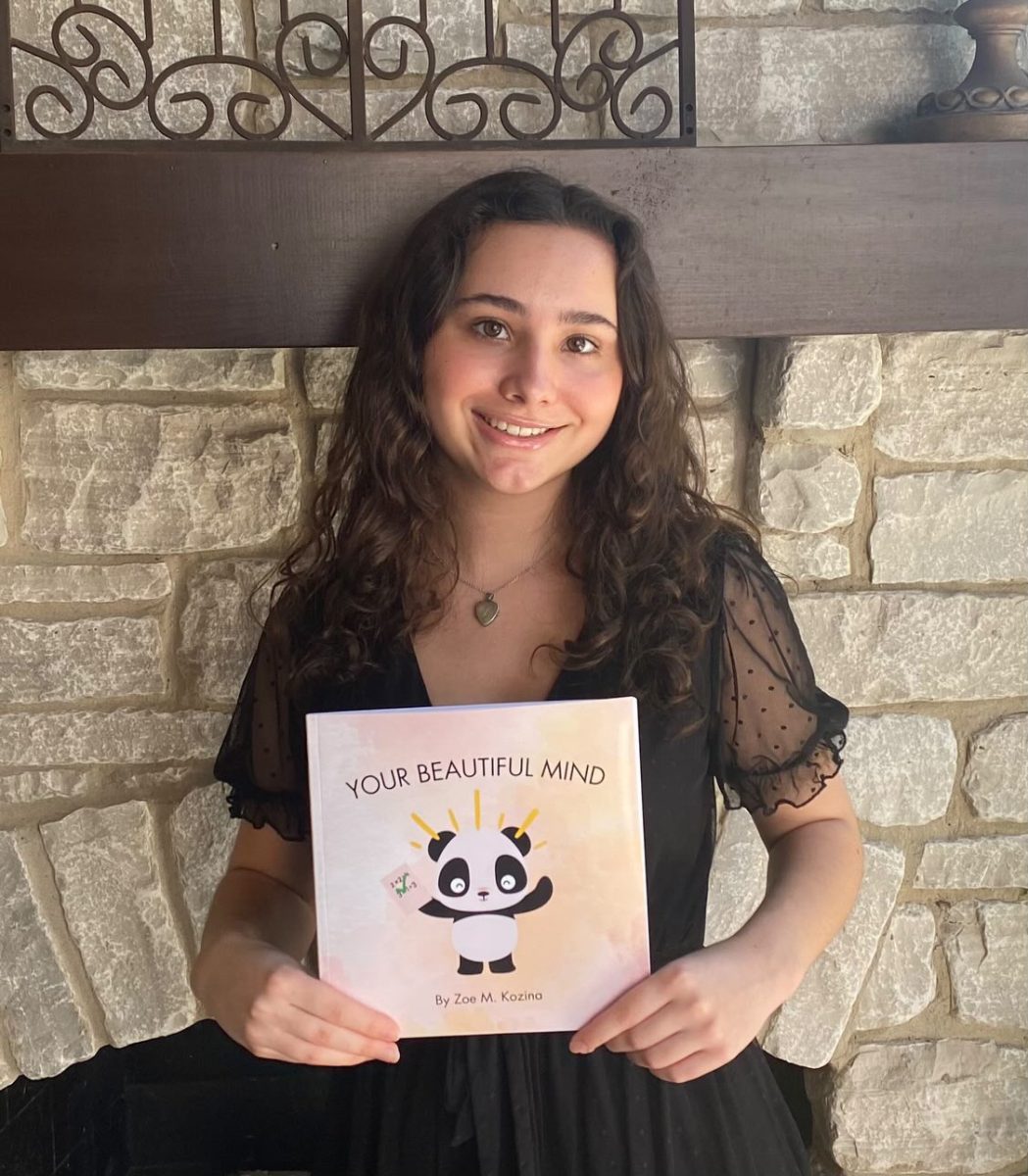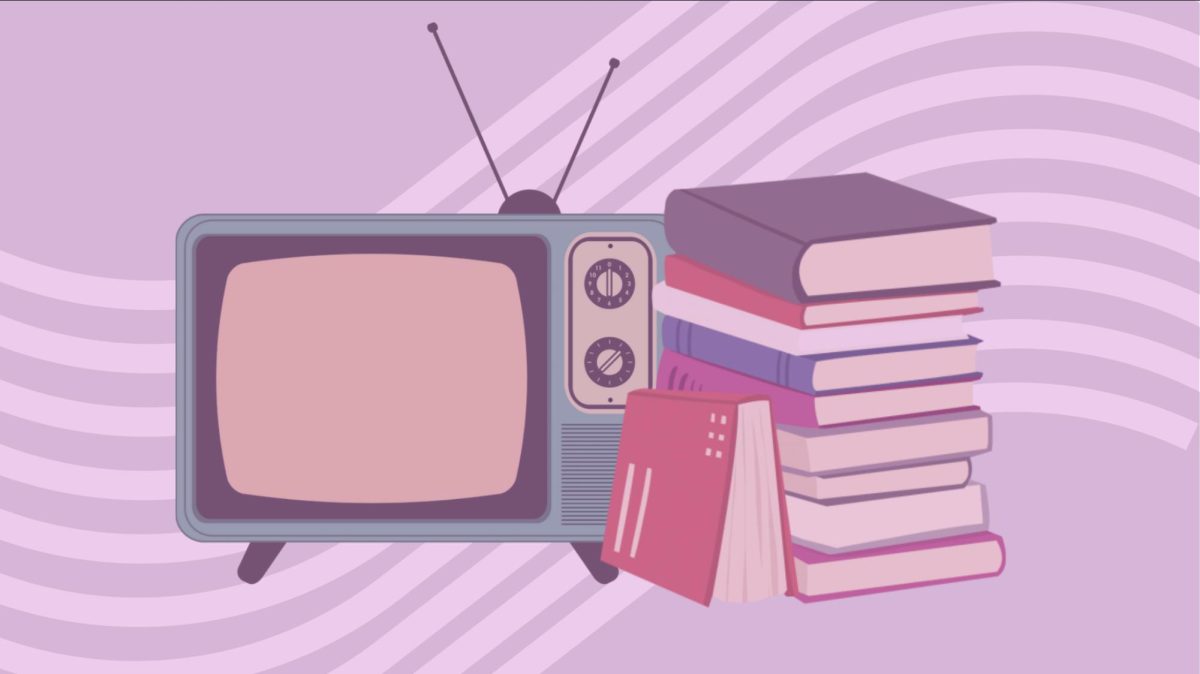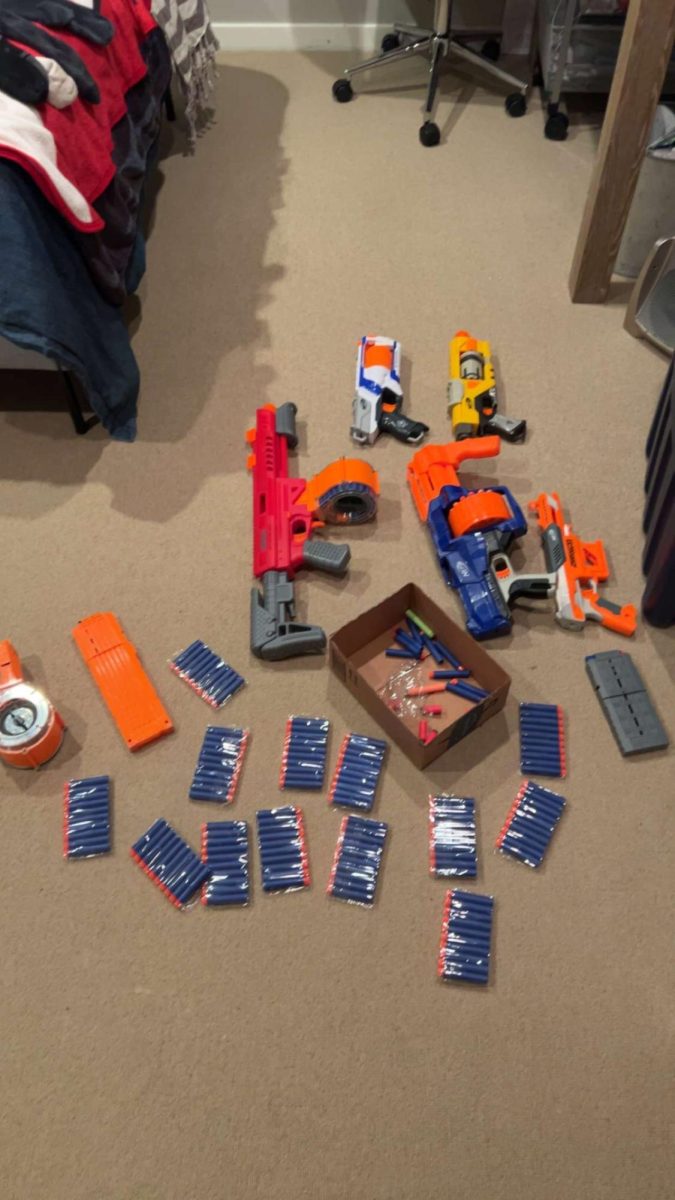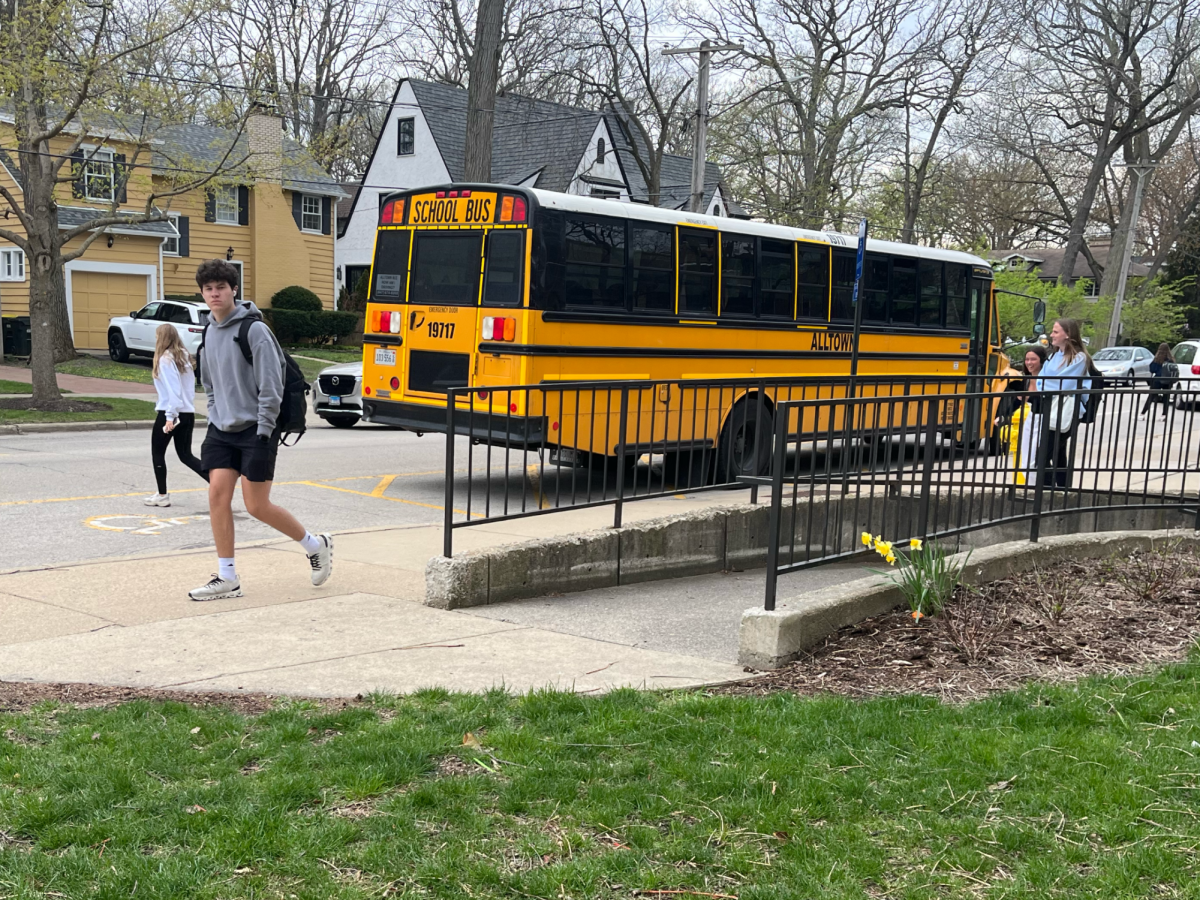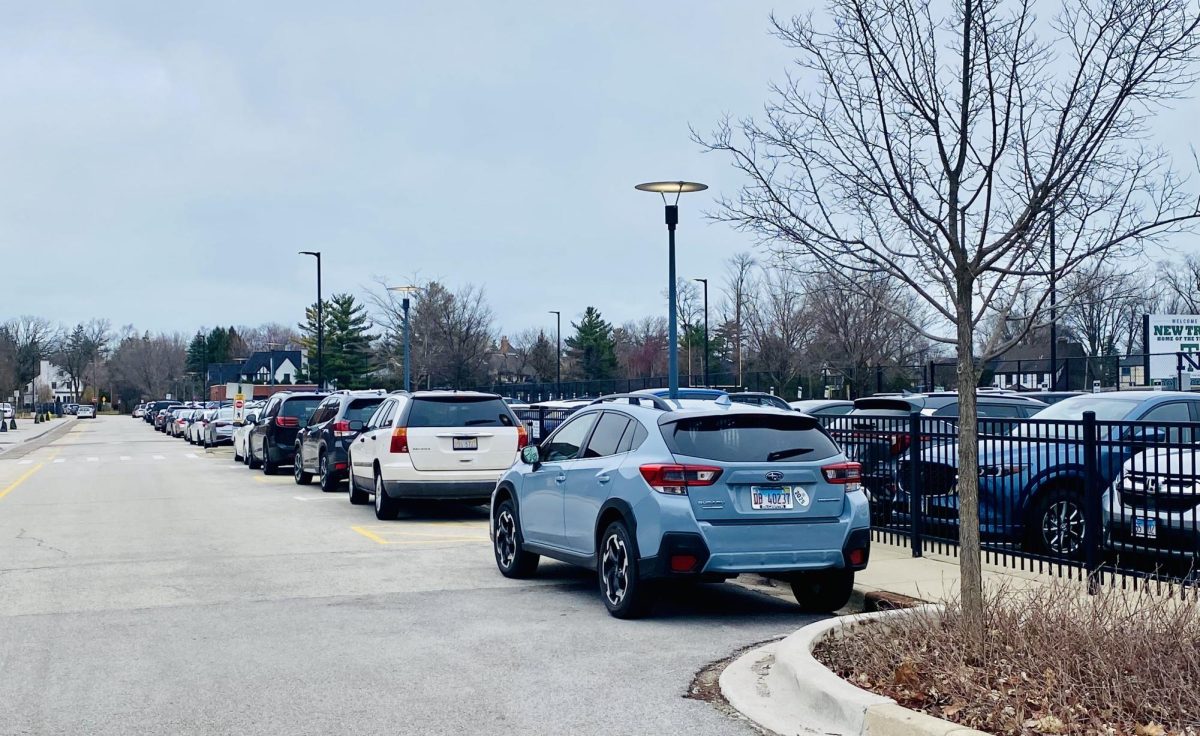All students can relate to dreading the blaring sound of their alarm clocks every morning. It is a constant BEEEEP that it is BEEEEP not a Saturday morning, BEEEEP but a Monday morning BEEEEP. A common denominator among students is the lack of sleep that they get.
Sleep is a necessity for students’ brains to properly function during the school day and a lack of sleep hinders the brain’s ability to perform at the demanding level that high school requires.
According to the National Sleep Foundation, teenagers need, on average, nine hours and 15 minutes of sleep a night. This is a far cry from the mere seven hours of sleep that American teenagers get on an average school night.
Most high school students go to bed around 11 or 12 at night and wake up at six or seven in the morning, which gives them anywhere from six to eight hours of sleep a night. They are also very busy balancing school, a social life, extracurricular, standardized testing practice, and college applications, so trying to clock in seven hours can be a struggle.
Senior Katie Muth feels that the stress of finding time for school work, extracurricular, and friends makes it hard to find time to get a good night’s sleep, “I definitely think that I am sleep deprived during the school day because after school I have extracurricular, homework, and I have to find time to work on college applications. On an average night I go to bed at about midnight and wake up at around 6:30 for early bird kinetic wellness, which doesn’t give me nearly enough time to sleep.”
Contrary to popular belief, as a child grows older she requires even more sleep than when she did when she was younger. As she grows older she stays up later, sleep in later, and have later curfews. However, according to Nationwide Children’s Hospital, after puberty a teenager’s internal clock is turned forward two hours, consequently disrupting a teen’s biological sleep cycle. Since a teen’s internal clock is shifted two hours, if they once could fall asleep at nine and wake up at six, they now would preferably fall asleep at 11 and wake up at eight.
According to PBS’s Frontline’s “Adolescents and Sleep,” “experiments done at Harvard Medical School and Trent University in Canada…show that the brain consolidates and practices what is learned during the day after the students goes to sleep.” Sleep isn’t just important to keep you focused, attentive, and mentally present to learn during the school day, but also to help your brain synthesize and store what a student has already learned.
Nationwide Children’s Hospital has found that sleep deprivation affects many areas of a teen’s life including mood, cognitive ability, and academic performance.
Sleep deprivation makes it harder for a teen to deal with day-to-day challenges because it makes them more irritable, frustrated, and moody. Also, cognitive ability is one of the main aspects of the brain that students need to succeed in school and sleep deprivation causes a poorer memory, decreased attention span, a slower reaction time, poorer decision making, and suppressed levels of creativity.
Teenagers who suffer from sleep deprivation are more likely to miss school, fall asleep in class, not remember what they learned that day, and overall, receive poorer grades.
Senior Marco Scotese also feels that the demands of high school life don’t allow him enough hours of sleep, “I don’t think I get enough sleep because by the time I get home and having swum for two hours before, it is already seven. Then, I have to shower and eat dinner, so I usually don’t start my homework until eight. On average I have two to three hours of homework a night, so I usually don’t get to bed until 11 or 11:30. Then, I have to get up at five. I think lack of sleep affects my schoolwork drastically, everything from my mood to my mentality just goes down the drain.”

